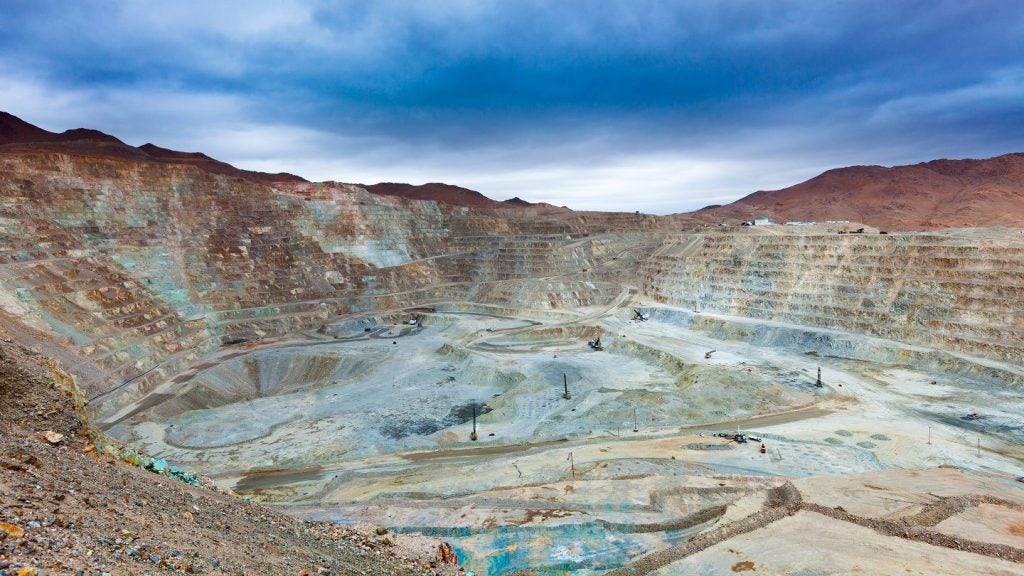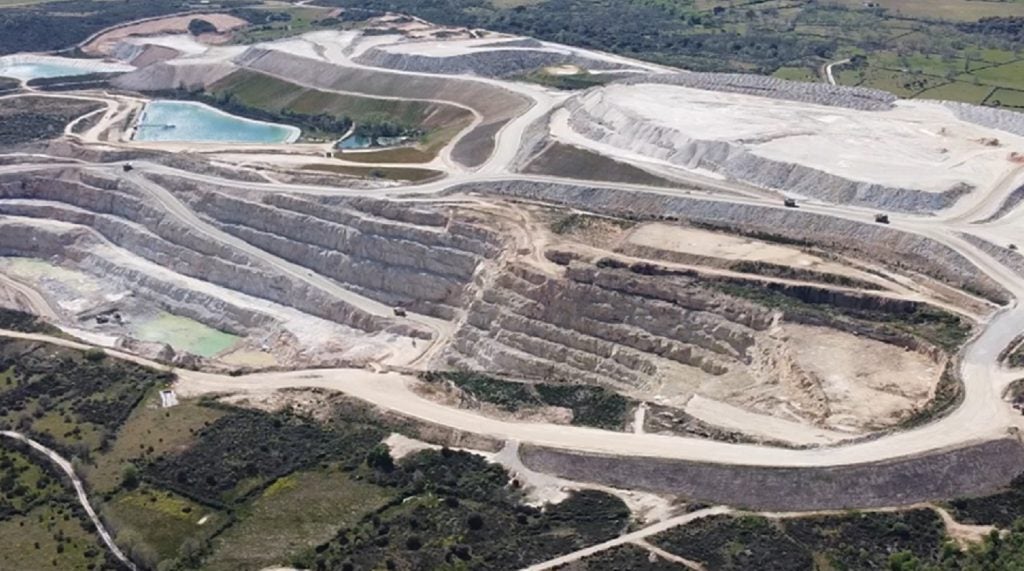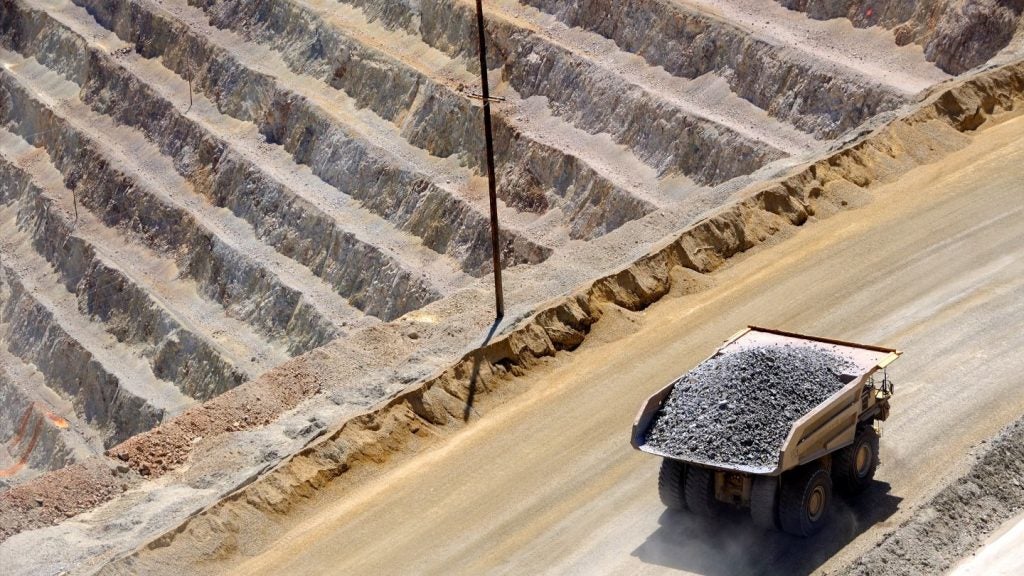UK miner Cornish Lithium has received £53m ($67m) of investment to support the development of the UK’s lithium supply chain.
The investment package came from the UK Infrastructure Bank, US private equity fund the Energy & Minerals Group (EMG) and critical minerals investment company TechMet. The $67m is part of a larger funding package, worth as much as $210m, of potential second-stage financing.
Cornish Lithium will utilise the funding to progress towards the commercial production of lithium. Currently the company aims to produce 8,000 tonnes per year (tpa) of battery grade lithium from its “globally significant” lithium grades in deep geothermal waters.
“Cornish Lithium has found it essential to secure funding from institutional investors with the financial muscle to bring our projects into commercial production," said Cornish Lithium CEO Jeremy Wrathall. "This funding will enable us to progress our Trelavour hard rock lithium project to a construction-ready status as well as completing the engineering design work required to build a demonstration-scale geothermal waters extraction facility."
In September 2022, the company revealed that it had received government funding to build the hydrometallurgical section of the demonstration processing plant for the Trevalour hard rock project.
The company in 2020 revealed that tests had indicated it has among the “world’s highest grades of lithium and best overall chemical qualities encountered in published records for geothermal waters anywhere in the world”. The company also intends to mine lithium from onshore hard rock formations.
Cornish Lithium hopes to capitalise on a global lithium boom, with reports suggesting the global lithium market could be worth as much as $19bn by 2030, owing to its role in the global energy transition.















